
With 207 partners, including 6 strategic partnerships with internationally renowned universities, as well as an academic campus in Shanghai, each graduate leaves UTC having spent at least one semester abroad. This experience encourages 12% of them to work abroad afterwards.
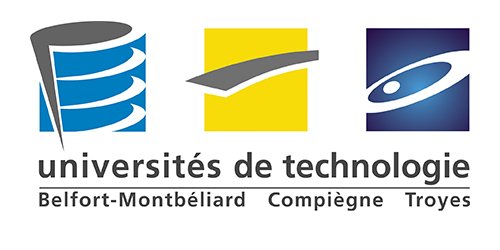

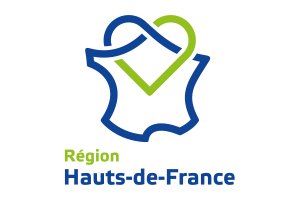


Since its creation, UTC considers that a strong relationship with the industrial world and a solid international dimension are essential to offer high quality engineering courses and research activities. This is why UTC has applied an international policy which consists in :
UTC thus aims at creating long-term international relationships with its partners in order to develop strategic alliances, double degree agreements, common research entities and stable student exchanges.
In Europe (EU), UTC-Compiegne emphasizes the signing of new collaboration agreements with European partners. Indeed, there are close on 113 European partners, all specialities included, in a constantly evolving academic context.
Outside Europe, we have signed with 94 international partners, likewise with all specialities which tend to evolve.
Aninternational strategic partnership can be characterised by having the following constituent elements:
The following are the partnerships that have been identified at this stage as being of significant size and having the potential for strategic partnership.
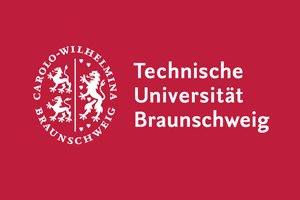
Technische Universität Braunschweig

Cranfield University
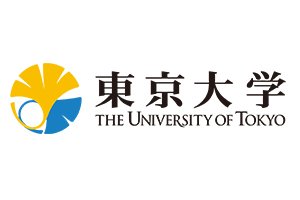
University of Tokyo
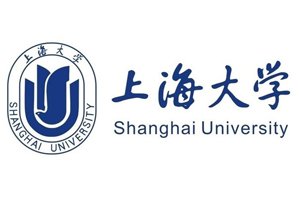
Shanghai University
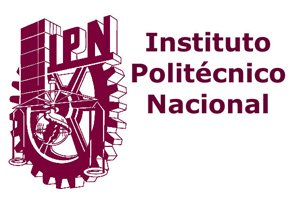
National Polytechnic Institute of Mexico
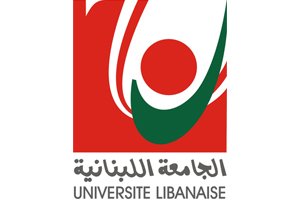
Lebanese University

Privileged international partnerships are distinguished by the following constituent elements:
The objective of these privileged partnerships is to allow for a large number of targeted mobilities, including, if possible, the option and possibility of obtaining a double degree or a stay-work placement abroad. It can be monothematic, but presents a strong, but targeted interest for a given laboratory or department. These privileged partnerships are coordinated by a lecturer-cum-research scientist-researcher, by researcher or “reference” staff members.
As an example of such privileged partnerships, we can cite collaborations with:
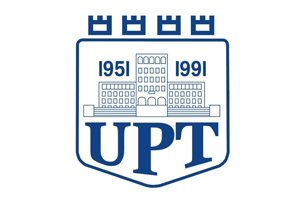
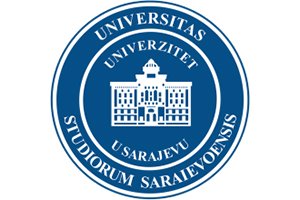
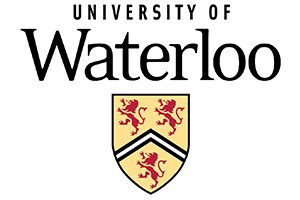
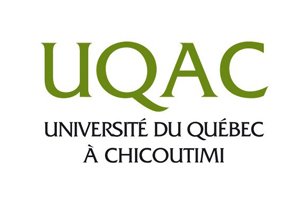
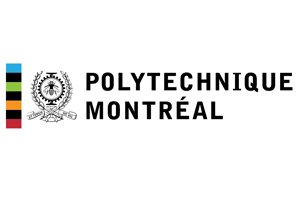
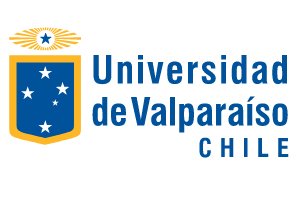
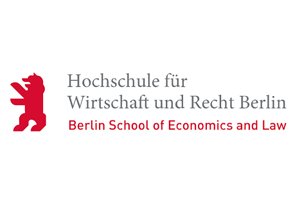
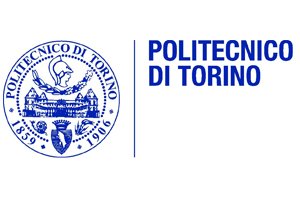

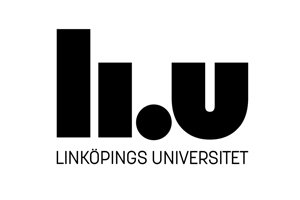

The principle underpinning an international double degree programme covers the possibility for a French or foreign student engineer to receive diplomas from two institutions in the same field, one in France and the other abroad, in which he/she has completed a sufficient fraction (compliant with national regulations or the institution governing it) of his or her programme.
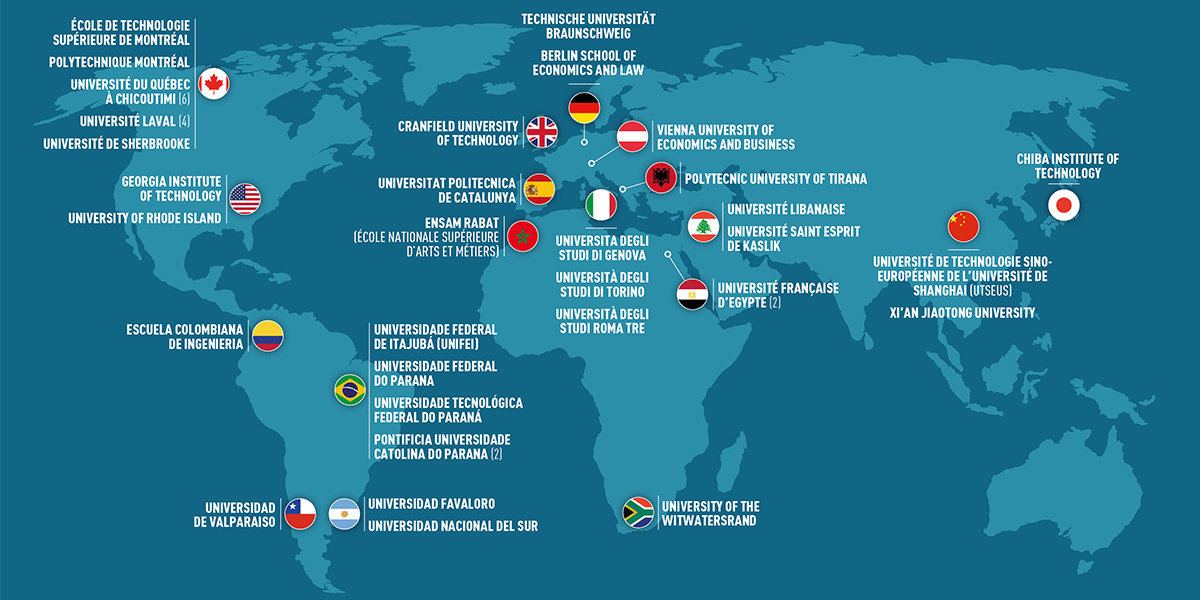
The advantage is to gain a real in-depth knowledge of another system and an increase in the job-market attractiveness of the future engineer in the second country as well as for industrial groups operating worldwide.
Double degrees therefore extend the duration of studies by about one semester, i.e., by one semester or even one academic year.
Please note: some double degrees require payment of local (national) tuition fees, for more information, do not hesitate to contact us.

Today, about 20% of UTC’s matriculated students are foreigners, of which a significant part comes from the Asian continent. Students with impressive academic backgrounds, such as Dhivenya Rajarathinam, a Malaysian student who is currently finishing her studies, majoring in Mechanical engineering!

Since June 2019, UTC ‑Compiegne has been engaged in a strategic exploratory approach to sub-Saharan Africa.
Through an internal working group, but also thanks to the participation in the Africa Working Group within the framework of the Alliance Sorbonne University, large-scale projects are gradually taking shape and should soon be implemented.
One such project would be based on the expertise of the IRD – French Institute of Research for Development and would concern the Côte d’Ivoire, also involving other member institutions of the Alliance Sorbonne University.

Created in 2005 by the network of the 3 French Universities of technology and Shanghai University, this engineering school is today the first Sino-French university set-up, a pioneering and unique partnership in the fields of training and research. The Sino-European University of Technology of Shanghai University (UTSEUS) trains more than 1 200 Chinese, French and European students each year in an international and multicultural environment.


The "Bienvenue en France [Welcome to France]" label distinguishes French higher education institutions that have developed facilities for international students. The label is a sign of confidence and attests to the quality of the welcome and represents a promotional tool for the institution.
The indicators particularly recognized for UTC are those of the quality and accessibility of information, the quality and accessibility of the host facilities, the quality and accessibility of the training offer and teaching support, accommodation and the quality of life of the campus, and the quality of post-graduation follow-up of the international students.
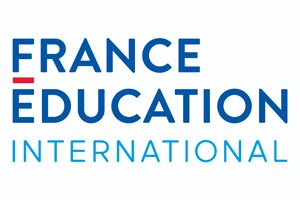
France Éducation International, an establishment placed under the supervision of the Ministry of National Education and Youth, is recognized in France and abroad for its skills in terms of expertise, training, evaluation and project management international.
It operates in two areas of activity: education (general, vocational and higher education, recognition of diplomas) and languages (French language, assessment and certifications in French, foreign languages and mobility).
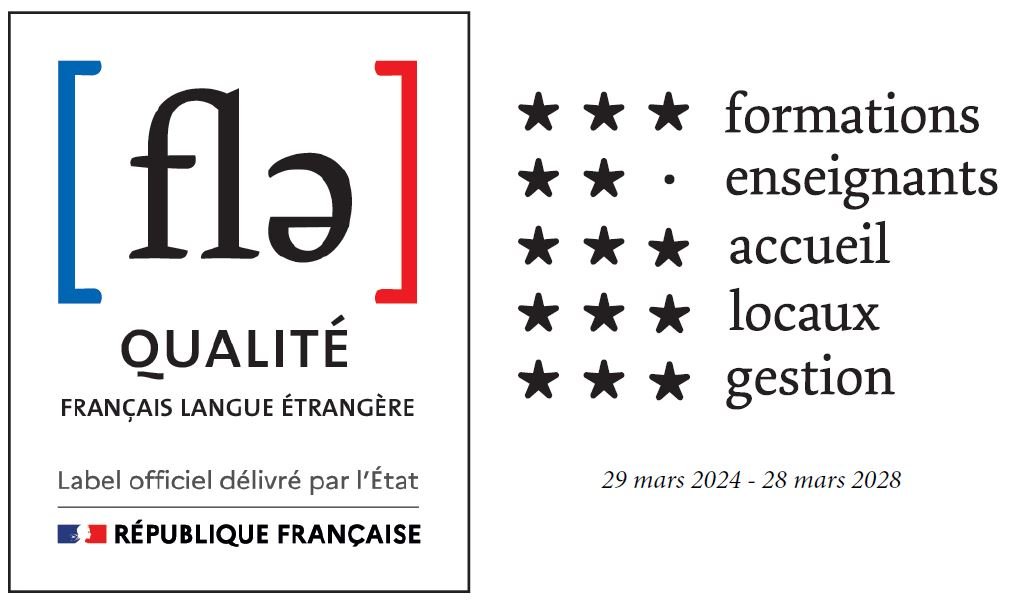
The French as a Foreign Language Centre of UTC-Compiegne obtained the Label “Qualité FLE” in 2024, awarded by the Centre International d'Etudes Pédagogiques (CIEP). This label guarantees quality in the 5 areas: Teachers, Training, Reception and Support, Premises and Equipment & Management.

The European Commission's Human Resources Strategy for Researchers (HRS4R) aims to ensure the attractiveness of research careers and to improve the recruitment and working conditions of research scientists and engineers across Europe.

This label reflects the excellent evaluation ranking received for UTC (86÷100) for its administrative and financial management, as well as for the quality of the proposed improvement projects.